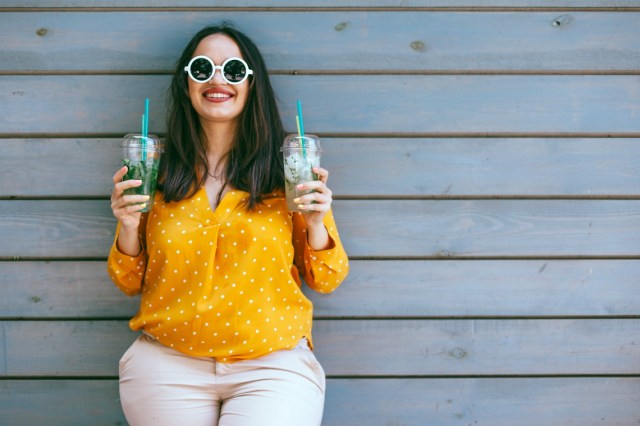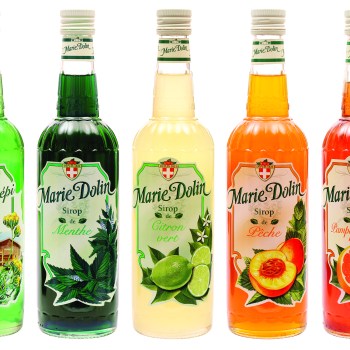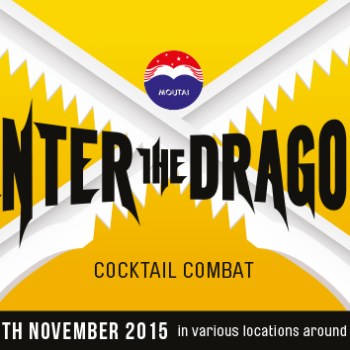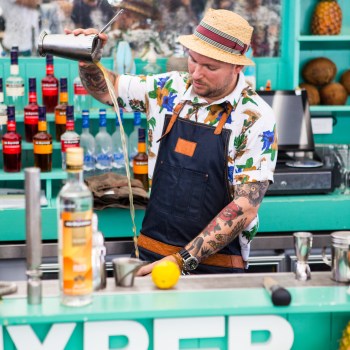As the Coronavirus spread around the world from it’s original epicentre in Hubei Province, China, countries reacted in different ways.
Many, including Australia, responded to the pandemic by shutting down on-premise venues. Some of these nations like the United Kingdom and America, did as our government and regulators did, allowing bars to offer takeaway alcohol if they weren’t already. Although businesses would still be heavily impacted, it provided a welcome lifeline that bars across the world have appreciated.
Now, as locked down countries begin to slowly reopen, there is the question of what will happen to the home cocktail trend?
IWSR Drinks Market Analysis asked this when looking at global markets affected by COVID-19 restrictions. They spoke to bar operators across international locations to understand how they made the move to takeaway, and whether they believed it was an area that would continue being popular after the pandemic.
One venue they spoke to was iconic New York institution, Dante. Co-owner Linden Pride, said the pandemic had forced them to change their entire business model from on-premise to off-premise, and takeaway cocktails were key to this – Dante offers single serve cocktails for pickup takeaway, and larger format cocktails of two to 10 serves for delivery.
“Demand for cocktails is high – it’s a necessary part of our new delivery model,” said Pride.
“People order something off our dinner menu and almost always order a cocktail with it.”
IWSR said this demand is understandable, and taps into increased consumer interest in ready-to-drink (RTD) products, to provide something a little fancier and as close to the bar experience as you can get in your own home.
“It is not surprising to see consumers, especially those in the US, choosing to purchase RTDs in the current climate,” said Brandy Rand, COO for the Americas at IWSR.
“The sessionability, increasingly sophisticated flavours and convenient format offered by RTDs add to their appeal. Canned or bottled cocktails are particularly well positioned to resonate with consumers during lockdowns. They mimic an easy cocktail experience for consumers missing the on-premise.”
So while the idea is great and the demand is there, there’s just the logistical details for bars to both create, bottle and deliver the cocktails.
“Suddenly, we had to start thinking about how to bottle our drinks, how to package our to-go items, and how to get our offerings to our customers,” Pride said.
“Another major consideration was organising the logistics of the delivery model. From working with third-party delivery platforms to coordinating our own in-house deliveries with drivers, we had to completely restructure how we run. We’ve become completely dependent on the internet to operate.”
Many third party delivery apps were more geared towards restaurants and food deliveries, rather than cocktails, and ranging commission amounts proved to be a contentious issue for operators. Responding to this, several companies around the world changed the way they did things to help bars deliver drinks. A local example is Campari’s Shaken Not Broken campaign.
Other responses have been to deliver cocktail kits to bring the bar experience into locked down homes. IWSR notes this is what UK wholesaler Specialty Drinks did, teaming up with bartenders to get cocktail kits out to consumers through the Whisky Exchange.
They made a competition out of it, asking bartenders to submit recipes that are easy to replicate and don’t need any fresh ingredients. Winning serves were put together by Specialty Drinks, and evenly splits the proceeds from each kit with the bar that created the recipe.
This is an element of at home cocktails that could certainly have the most longevity, according to the Whisky Exchange’s Head Buyer, Dawn Davies.
“At the moment it’s about helping the bars out and keeping them front of mind, but post-lockdown, once everyone is back at work, we’ll be able to work closer with the bars to create more video content, look towards bringing in more classic cocktail sets and maybe work directly with some of the brands involved in the kits,” Davies said.
As for fresh made takeaway cocktails like that on offer at Dante, there are a few concerns that could limit it’s viability long term.
Regulation and licensing is one, as Rand said: “legislative red tape and inconsistencies between different states could limit the permanency of cocktails to-go. However, the convenience that take-away cocktails offer could tap into consumers’ preference for on-the-go formats.”
But Pride is hopeful that the trend will help pull the on-premise industry through to full capacity again, assisting with the transition for consumers coming out of isolation.
“Cocktail delivery is not sustainable on its own, but I do believe it will help as we transition out of this.”
“After the lockdown has lifted, we’re still going to see people practising social distancing. Restaurants are hard enough to operate at full capacity, let alone during a time when people want to limit their interaction with others. While we don’t want to become reliant on cocktails to-go, I believe there will still be a demand for it, so we hope we can still offer it as an option to our customers.”



